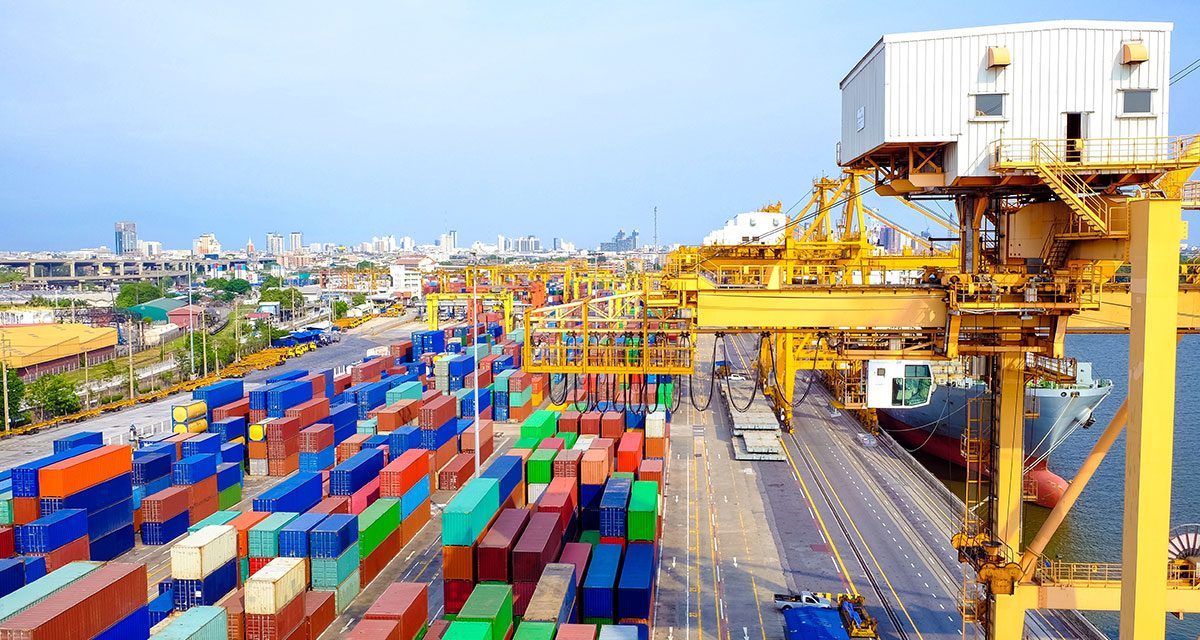Globax news
Blog
WHAT IS THIRD PARTY LOGISTICS(3PL)?

What Is Third Party Logistics(3PL)
The form, “3PL Logistics” is well known and understood by stakeholders and industry professionals,” but somehow confusing for many others outside the Logistics industry; those who may have directly or indirectly engaged a 3PL company or even planning to engage one without actually knowing they are a 3PL provider. It’s important to note that 3PL is different from Freight Forwarding. While a Freight Forwarding involves the movement of shipments from point A to Point B, 3PL handles everything – including, pick-up from warehouse at origin, freight forwarding, storage at destination, regulatory formalities, trucking, tracking, up to delivery to the client’s doorstep. In other words, a 3PL provider can also function as a freight forwarder but an average freight forwarder is not necessarily a 3PL company. So then, what is 3PL?
The Meaning of 3PL
3PL (Third-Party Logistics) is simply when an organization or individual outsource their logistics processes to a party, organization, or agent to handle on their behalf. For instance, a beverage manufacturer hires a Product Development, a Production, a Testing Manager or a Product Promotion or Business Development Manager to produce, promote and sell its products but outsources its logistics processes (Ocean, Air, Road Cargo Forwarding, Customs Clearance, Warehousing, Trucking & Distribution/delivery) to a Third-Party Logistics (3PL) company, whose core expertise is logistics.
Why is 3PL Necessary?
Employing the services only when they are needed allows the company to outsource its logistics process to focus on its core services. This allows the manufacturer to reduce cost and maximize resources, which will hardly be the case if they also must bother themselves with direct involvement in the outsources 3PL process.
a typical 3PL company possesses the technical competence and capacity to arrange for end-to-end transportation, process all the necessary documents; provide advice on the requisite regulatory requirements, as well as deliver cargoes in the best possible condition. And where there is damage or loss of cargo, the 3PL provider bears the insurance cost, to the extent covered in either its Good-in-Transit (GIT) or Indemnity Insurance Policies.
More than ever before, the demand for 3PL services will continue to grow due to emerging technological innovations in e-Commerce, cargo visibility/tracking capabilities found among many 3PL providers across the world.
Three Major Benefits of 3PL
Focus: Engaging a 3PL company allows clients with finite logistics expertise to focus on the core aspects of their business and outsource their logistics processes to a competent 3PL, whose core is logistics.
Flexibility: 3PL companies are mostly able to offer their clients a bouquet of services (Ocean, Air, Road Cargo Forwarding, Customs Clearance, Warehousing, Trucking & Distribution/delivery) they may not easily provide for themselves with additional cost.
Cost Efficiency: 3PL providers save their clients from avoidable costs. This is because the 3PL is equipped with all the necessary global logistics networks, the ability to coordinate cargo transportation across diverse global and local routes, the requisite infrastructure, technology, and technical competence to manage the cost of handling the complexities of the logistics process.
While there may be some notable limitations such as limited control of the 3PL provider, it’s quite safe to insist the benefits of engaging a competent 3PL company to the productivity and efficiency of the outsourcing client or organization far outweigh the risks or limitations and as such a viable option for organizational efficiency and productivity.












Recent Comments